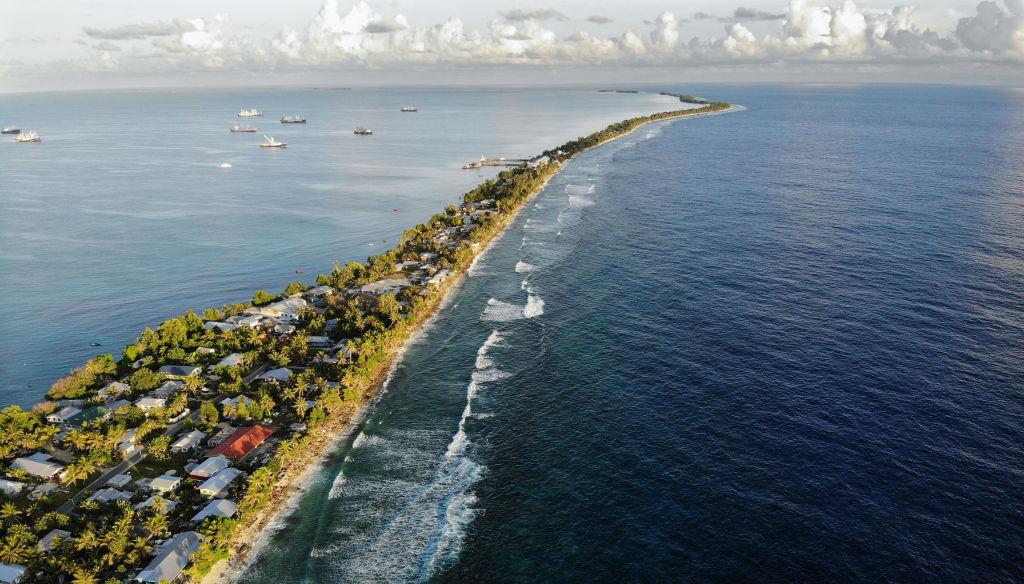Australia will offer up to 280 visas each year to people from the tiny Pacific Island of Tuvalu, which it says is under threat by rising sea levels.
Under the Falepili Union treaty, which comes into force on Aug. 28, Australia will fund climate adaptation and development projects.





